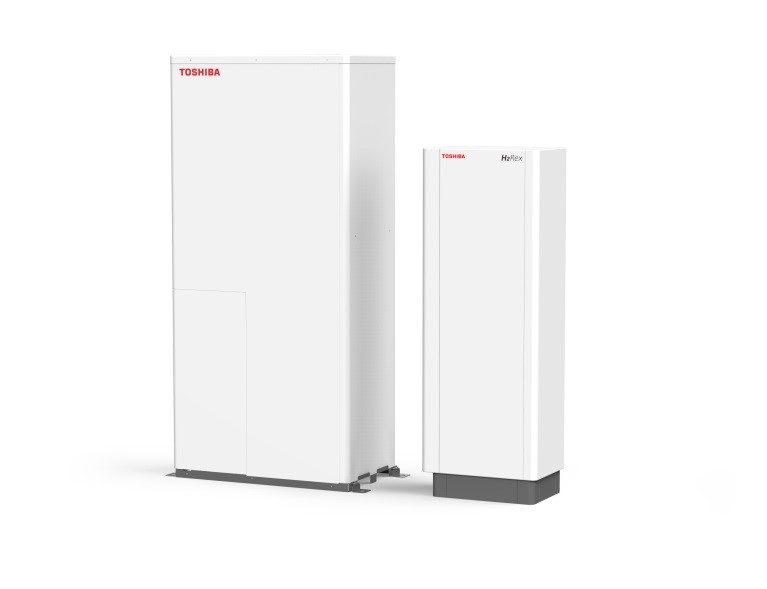Toshiba Energy Systems and Solutions Corp. (Toshiba EES), a unit of Japanese conglomerate Toshiba, has agreed to team up with a Sweden's Echandia to jointly develop pure hydrogen fuel cell systems for ships.
The two companies aim to build a pure hydrogen fuel cell system that will rely on Toshiba ESS’s pure hydrogen fuel cells. Such a system could be used for continuous operation in marine applications, they said.
“Echandia and Toshiba ESS will consider the possibility of incorporating the next-generation pure hydrogen fuel cell currently under development by Toshiba ESS into the electric propulsion systems for ships being developed by Echandia, with the joint aim of commercializing a longer-life pure hydrogen fuel cell system around 2024,” the companies said. “By integrating these next-generation pure hydrogen fuel cells, the systems for ships currently under development are expected to last approximately 200% longer.”
Toshiba has developed different fuel cell systems over the past few decades, including a 3.5 kW hydrogen fuel cell system that is currently being tested Fukushima prefecture, Japan. The system is based on a solid polymer fuel cell stack which eliminates the need for an external humidifier, according to the manufacturer. The stack is internally humidified and dehumidified automatically to keep it at optimum humidity.
It also developed a scalable 100 kW system that can be used for large scale applications. According to the company, this system shows a power generation efficiency of 50% and an overall efficiency of 95 %.
“Cell Stack is the core technology of fuel cell systems and our unique technology makes it possible to optimize the water balance inside the cell, which is necessary to maximize the performance of the fuel cell, without the need for an external humidifier,” the company said on its website. “Toshiba is developing the Pure hydrogen fuel cell systems for vehicles, a versatile fuel cell module with high output, high durability, compactness, and light weight that is suitable for heavy duty usage.”
Toshiba relocated its hydrogen site to Ukishima, in the Japanese city of Kawasaki, in 2019. It said at the time that it had delivered more than 120 H2Rex hydrogen systems for wholesale markets, hotels, convenience stores and sports facilities.
This content is protected by copyright and may not be reused. If you want to cooperate with us and would like to reuse some of our content, please contact: editors@pv-magazine.com.




1 comment
By submitting this form you agree to pv magazine using your data for the purposes of publishing your comment.
Your personal data will only be disclosed or otherwise transmitted to third parties for the purposes of spam filtering or if this is necessary for technical maintenance of the website. Any other transfer to third parties will not take place unless this is justified on the basis of applicable data protection regulations or if pv magazine is legally obliged to do so.
You may revoke this consent at any time with effect for the future, in which case your personal data will be deleted immediately. Otherwise, your data will be deleted if pv magazine has processed your request or the purpose of data storage is fulfilled.
Further information on data privacy can be found in our Data Protection Policy.